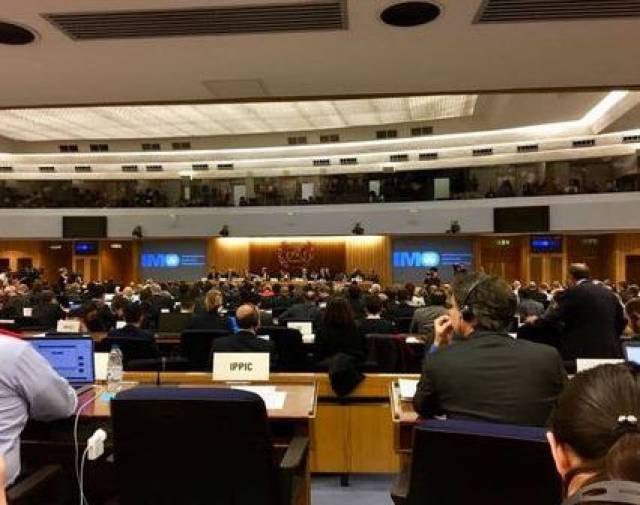#Ports&Shipping - The European Sea Ports Organisation (ESPO) welcomed the agreement reached at global level within the IMO to peak CO2 emissions from shipping as soon as possible and reduce them by at least 50% by 2050, compared to 2008 levels.
For European ports, the agreement reached last week is a real milestone and sends a strong signal that the IMO can take action.
Shipping being a global industry, ESPO believes that the IMO is the best placed to make progress. In this context, ESPO underlines the instrumental role of the EU and its different stakeholders in reaching this global agreement.
“A clear signal has been sent by the IMO; shipping now has a reduction target and the sector will take action to decarbonise in line with the objectives of the Paris Agreement. The clear support of EU stakeholders - both from port and shipping side - to the EU negotiators has delivered. This momentum should be used to continue on the same path towards developing concrete measures to implement the agreement. We hope that here again the EU can play an important role,” says the Secretary General of ESPO, Isabelle Ryckbost.
ESPO believes that meaningful measures should be developed and introduced as soon as possible and by 2023 at the latest in order to implement the targets agreed on. European ports point out that the nature of the measures and their timing will steer to a large extent the infrastructure investments to be made by ports to facilitate the decarbonisation of the maritime sector.
“The European Commission is currently preparing the new legislative framework for the financing of the TEN-T network for the period 2021-2027. Decarbonisation is expected to be one of the main pillars of the new Connecting Europe Facility proposal. It will provide funding and support for the corresponding transport infrastructure investments. The sooner we have measures the shipping sector will agree on identified and rolled out, the better the ports can plan adequate investments and benefit from the tools offered by the new CEF. Clarity regarding the measures will also help EU policy makers to set the priorities for the next period. This is in the interest of both European ports and the shipping sector”, adds Isabelle Ryckbost.
Finally, ESPO believes the agreement is certainly a milestone, but should not be seen as an endpoint. Discussions on the level of ambition and the reduction target should continue and be revised in the future in line with the EU proposal.






























































